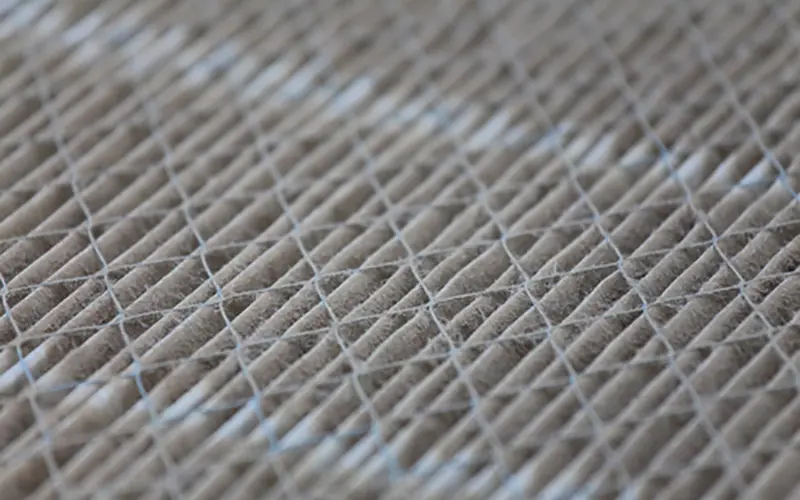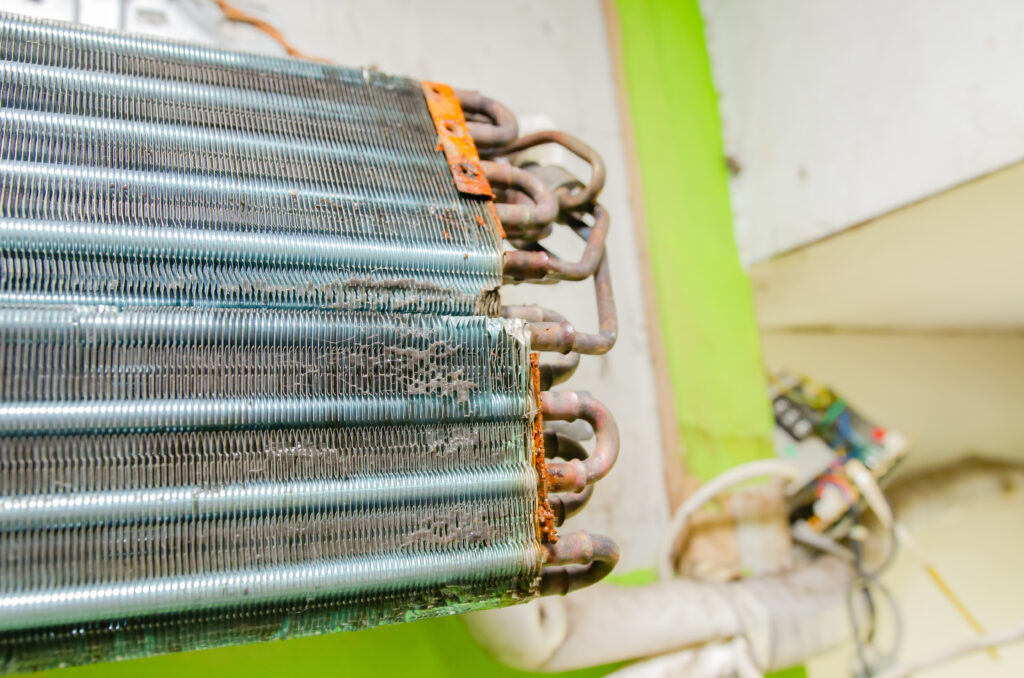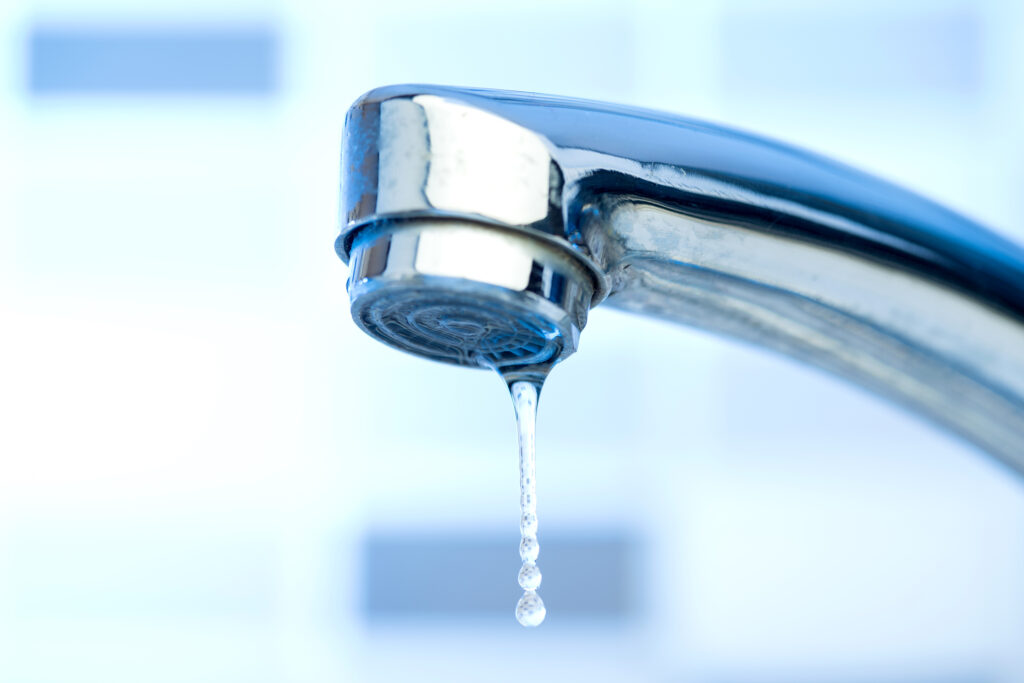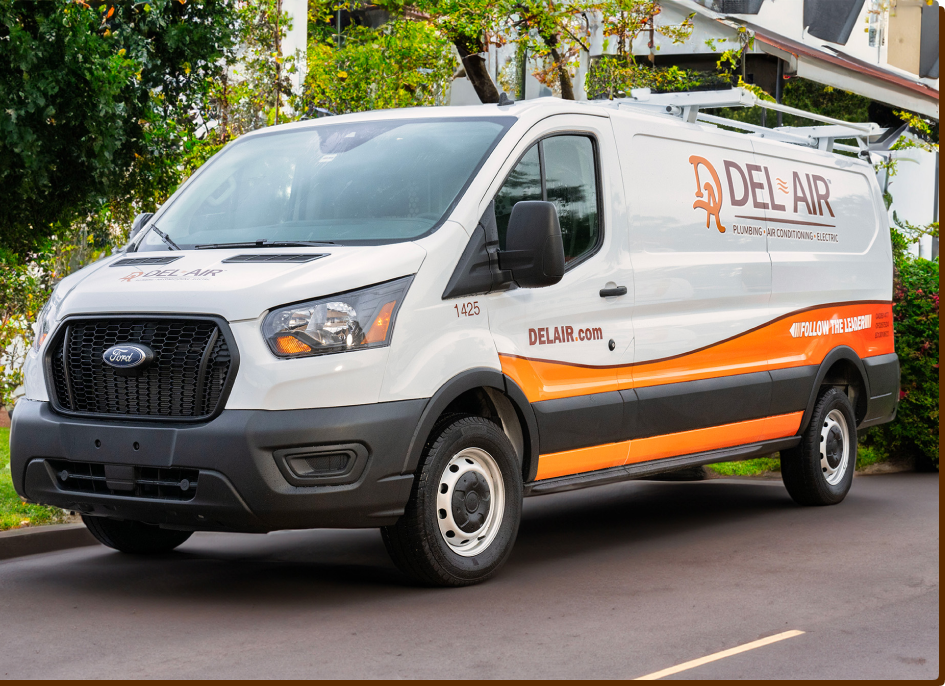
An effective air filter is an important fixture for your Florida, home. Your primary choices are a regular replaceable air filter or washable electrostatic filter. Learn more about how regular and electrostatic air filters work.
How Regular Filters Work
A regular air filter is typically made from a pleated media with a disposable cardboard frame. This filter captures small airborne particles as the air conditioner or heater pulls air through it. This works similarly to the lint trap in a dryer. Dust, dirt, pollen, and other irritants are captured in the filter as air circulates.
These regular filters typically come in one of three forms:
- A standard one-inch filter
- A four-inch media filter
- A HEPA filter
Most home heating and air conditioning systems can only handle a standard or media filter. HEPA filters are typically reserved for hospitals and other similar environments. These filters capture smaller particles, but the typical home air conditioner or furnace isn’t powerful enough to pull air through them.
How Electrostatic Filters Work
An electronic air filter uses static electricity to give particles a positive charge as they enter the filter. This charge is released as the air continues through subsequent layers of the filter, and results in the particle ultimately getting trapped. These are reusable so you don’t need to replace them every few months as you do with a regular filter. You do have to wash electrostatic air filters, which can add another chore to your to-do list.
The Effectiveness of Electrostatic Filters
Air filters are given a Minimum Efficiency Reporting Value (MERV) rating which denotes their efficiency. The higher a filter’s MERV rating, the more effective it is at capturing airborne particles.
Electrostatic air filters have a MERV rating between one and four. These capture less than 20% of dust. Filters that are rated at a four or below only stop particles that are greater than 10 pm in size, which includes pollen, dust mites, and carpet fibers. These filters are more affordable, but are not appropriate for those with asthma or allergies.
The Effectiveness of Regular Filters
Regular residential air filters can have a MERV rating of up to 12. You can find regular filters with a low MERV rating between one and four, but these filters come with higher MERV ratings as well. Filters that have a rating between five and eight capture particles as small as 3.0 pm in size, which includes microbial growth, hair spray, and pudding mix.
Regular filters with a MERV rating between nine and twelve stop particles as small as 1.0 pm in size, which includes humidifier dust, legionella, and automobile emissions. These are the most efficient filters that you can use in your home. Filters with a MERV of 13 or higher are for commercial buildings, hospitals and clean rooms.
Pair regular filter changes with annual preventive maintenance for your air conditioner to get the best performance possible from this system. If you’re due for a tune-up, call Del-Air today.






